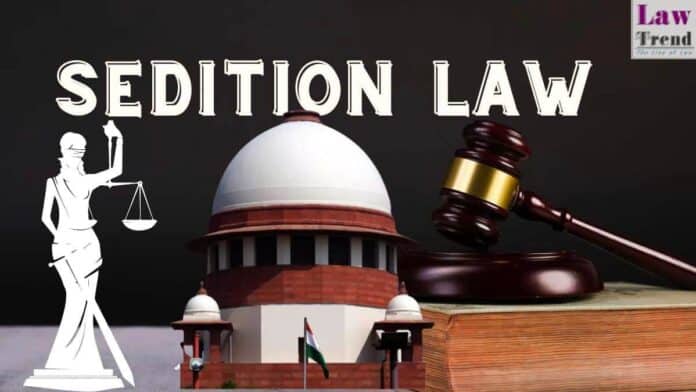The Supreme Court on Tuesday referred to a Constitution bench of at least five judges a batch of pleas challenging the constitutional validity of the colonial-era provision of sedition under the Indian Penal Code (IPC).
A bench headed by Chief Justice D Y Chandrachud declined the request of the Centre to defer the reference to a larger bench as Parliament is in the process of re-enacting the provisions of the penal code.
The bench, also comprising Justices J B Pardiwala and Manoj Misra, directed the apex court registry to place the papers before the CJI so that appropriate decision can be taken on the administrative side for constitution of a bench of “strength of at least five judges”.

The apex court had on May 1 deferred the hearing on these pleas after the Centre had said it was at an advanced stage of consultation on re-examining the penal provision.
On August 11, in a landmark move to overhaul colonial-era criminal laws, the Centre had introduced in the Lok Sabha three bills to replace the IPC, CrPC and the Indian Evidence Act, proposing among other things the repeal of sedition law and introducing a new provision with a wider definition of the offence.
Also Read
On May 11 last year, the top court had put on hold the penal law on sedition till an “appropriate” government forum re-examined it and directed the Centre and states to not register any fresh FIR invoking the provision.
Besides the lodging of FIRs, ongoing probes, pending trials and all proceedings under the sedition law across the country will also be in abeyance, the top court had said.
The law on sedition, which provides for a maximum jail term of life under section 124A of the IPC for creating “disaffection towards the government”, was brought into the penal code in 1890, a full 57 years before Independence and almost 30 years after the IPC came into being.







